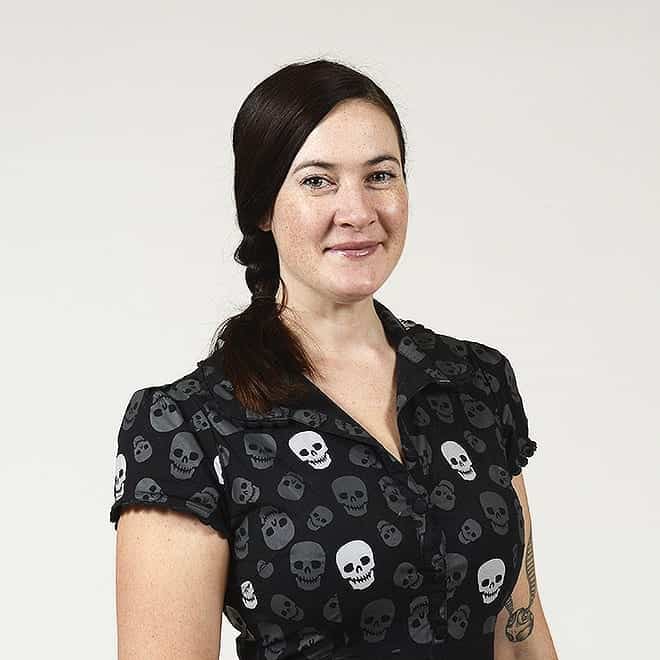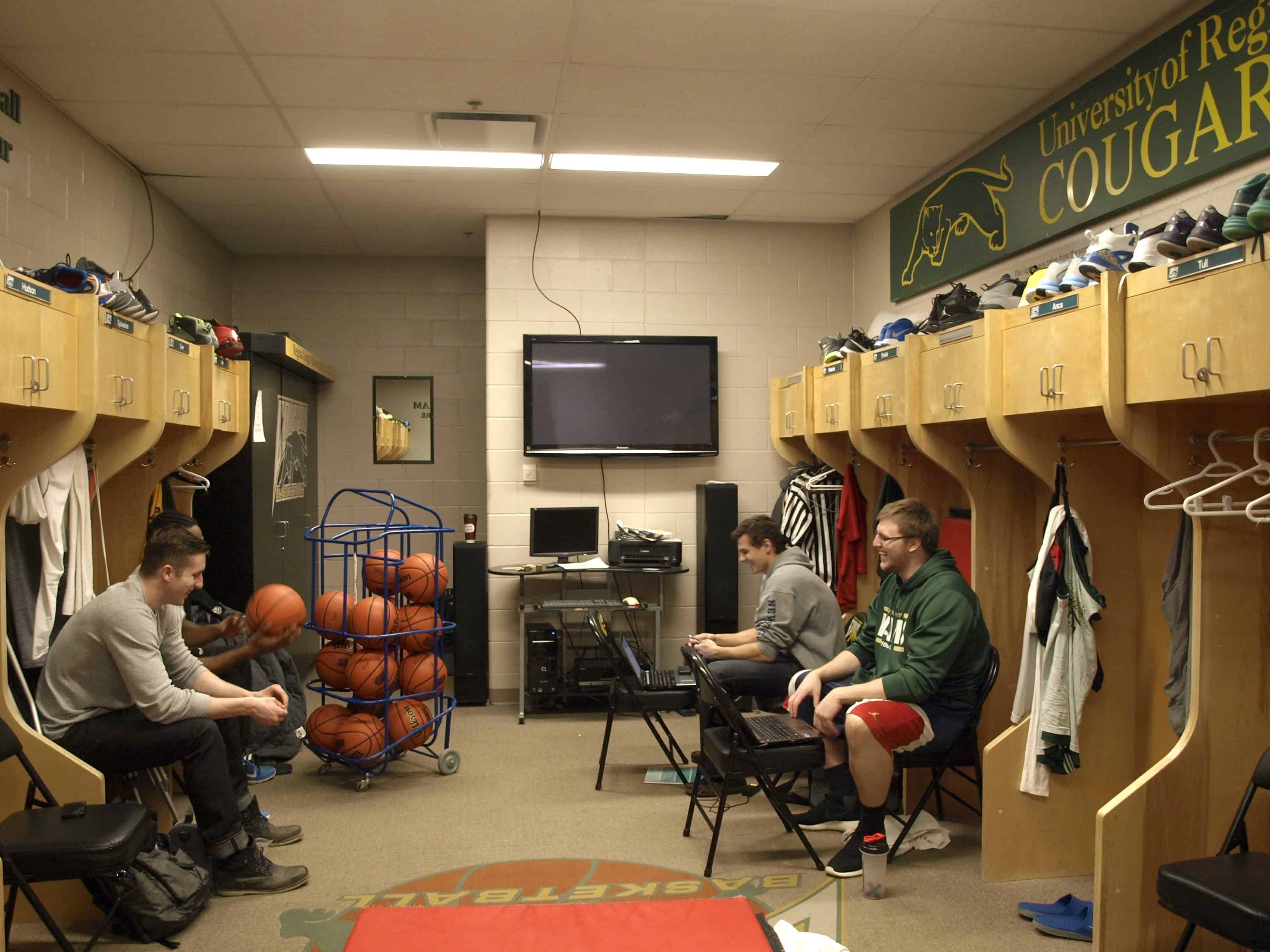People and places

Journalist and Australian ex-pat, Emma Graney
Australian-born Leader-Post journalist Emma Graney caught up with the Carillon to talk about her life and career in the media.
If someone told you when you were growing up in Australia that you’d someday be working as a journalist in Regina, Saskatchewan, Canada, would you have believed them?
(Laughs) Mate, I’d never heard of Saskatchewan when I was young. I did want to be a journalist as far back as I can remember, really, but I just assumed I would be in Australia. When I was in university, I travelled a fair bit; I did a journalism program in Indonesia and I studied overseas in England. At that point, I got the travel bug and I guess I realized that I could do what I want to do, where I want to do it, you know?
What is it that’s kept you here, aside from employment?
(Laughs) I like Saskatchewan. It’s an unusual, funny little place. Having lived in big cities – I grew up in a city of 2,000,000 people – when you move to somewhere like Regina, it’s almost like a big country town, and it has that sense of community that often gets lost in big cities… Covering politics is an awesome gig and I’ve been really, really lucky. We haven’t had a hankering to move anywhere else, so that’s why we’re still here, really.
When I initially asked you to do this interview, I said that I like to speak with influential and interesting people in the community. You balked when I said you were influential. You don’t see yourself as an influential person?
No. I know people like my Twitter account – maybe that’s just because I invented a Question Period drinking game, I don’t know (laughs). But I don’t see myself as an influential person at all… People in the media can be very influential, so maybe I am, maybe there is a lot of influence there. But it’s certainly not something that I think about every day when I’m writing stories. I don’t think I’ve ever been called influential before, which is why I literally laughed out loud when I read that part of your message (laughs).
If not for the influence, why did you choose journalism, out of all the things you could do?
That is an excellent question and I’m still not entirely sure. I’ve been trying to think back quite a bit lately about when I decided I wanted to be a journalist and I can’t even remember thinking to myself that I wanted to be a journalist. But for as long as I remember, it’s just been in my head as what I wanted to become. For me, I think it was something that I just always wanted to do, I think, because I love writing so much… I couldn’t become a novelist – well, maybe I will someday (laughs) – but it always just seemed like a natural progression. When I left high school, I did a year of media studies in university, just getting my feet wet again, getting my grades up. But even at that point, I was so focused on journalism, and I ended up getting in the program I wanted, and I was stoked. I’ve loved every second of working in the industry.
Do you ever worry about the future of your industry?
(Laughs) Of course! If you work in journalism and you’re not thinking about the constant flux that this industry is in, then you’re an interesting fellow (laughs)… It’s the same in Australia, the same in England, the same in New Zealand. It’s the nature of things changing right now. And it’s not just in newspapers either – broadcast media has had a lot of knocks as well. It’s something I think most journalists think about a lot. But if you just sit there and think about how much better things were twenty years ago, what’s the point? You have to embrace what you’re doing now, do the best you can, and frankly I’m happy every day that I still have a job. I intend to do the best I can to give my readers everything that I can.









